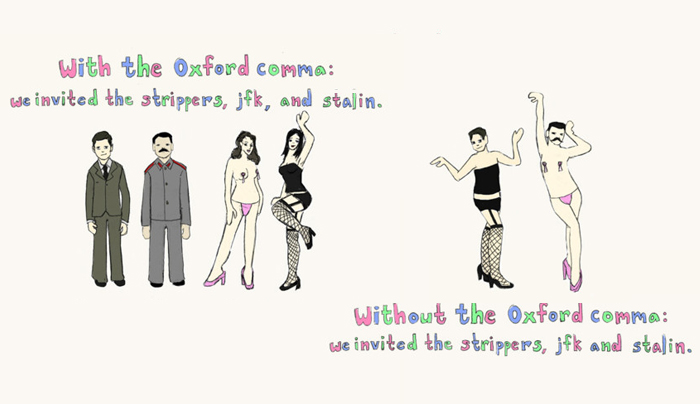Back in 1942, BBC Radio broadcast the first episode of “Desert Island Discs,” a weekly program that asked guests to choose eight pieces of music* (back then it was records), one book, and one luxury item they’d take with them if they were stranded on a desert island. It’s been going ever since.
Now, if I were ever one of those guests, at least one of my picks would be a Grateful Dead album, in part because you get rock, folk, R&B, blues, psychedelia, jazz, bluegrass, country, and even 20th-century avant-garde in the space of about 10 minutes. The Dead’s music encapsulates—better than any other band I’m aware of—the American experience. And if one person can be said to personify the Dead, it would have to be Jerome John “Jerry” Garcia, whose 72nd birthday is today.
I’d try to explain why he has such a hold on my musical imagination, but John Perry Barlow does a much better job of it in Rolling Stone issue no. 717, published shortly after Garcia’s death in 1995. Barlow, who with Dead rhythm guitarist Bob Weir wrote a sizable chunk of the Dead’s song catalogue, sums it up perfectly:
“Jerry was one of those manifestations of the energy of his times, one of those people who ends up making history books. He wrapped up in himself a whole set of qualities that were very appropriate to a certain cultural vector in the latter part of the 20th century: freedom from judgment, playfulness of intellect, complete improvisation, anti-authoritarianism, self-indulgence and aesthetic development. I mean, he was truly extraordinary. And he never really saw it himself. He could only see its effect on other people, which baffled and dismayed him. It made me sad to see that. There was nothing that Garcia liked better than something that was really diverting and interesting and lively—you know, anything that he would refer to as a ‘fat trip,’ which was his term for that sort of thing. And he wasn’t really able to appreciate himself, which was a pity because, believe me, Jerry was the fattest trip of all.”
By the way, if you happen to be in the Bay Area this weekend, you might want to head over to San Francisco’s McLaren Park for the 12th annual Jerry Day festivities.
*Feel free to leave a comment with your eight Desert Island Discs. Then I can judge you.
posted by: Aaron Bragg | category: random thoughts | comments(9)





